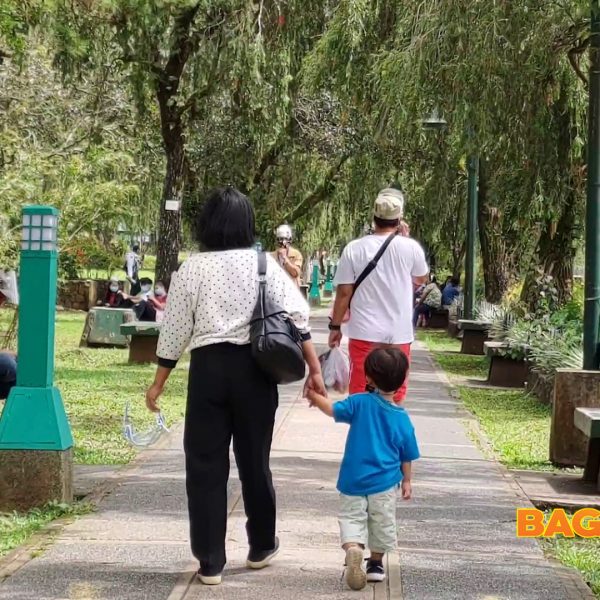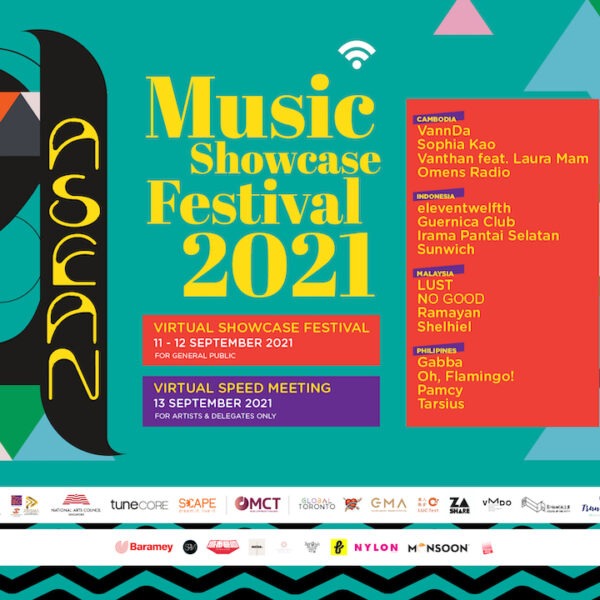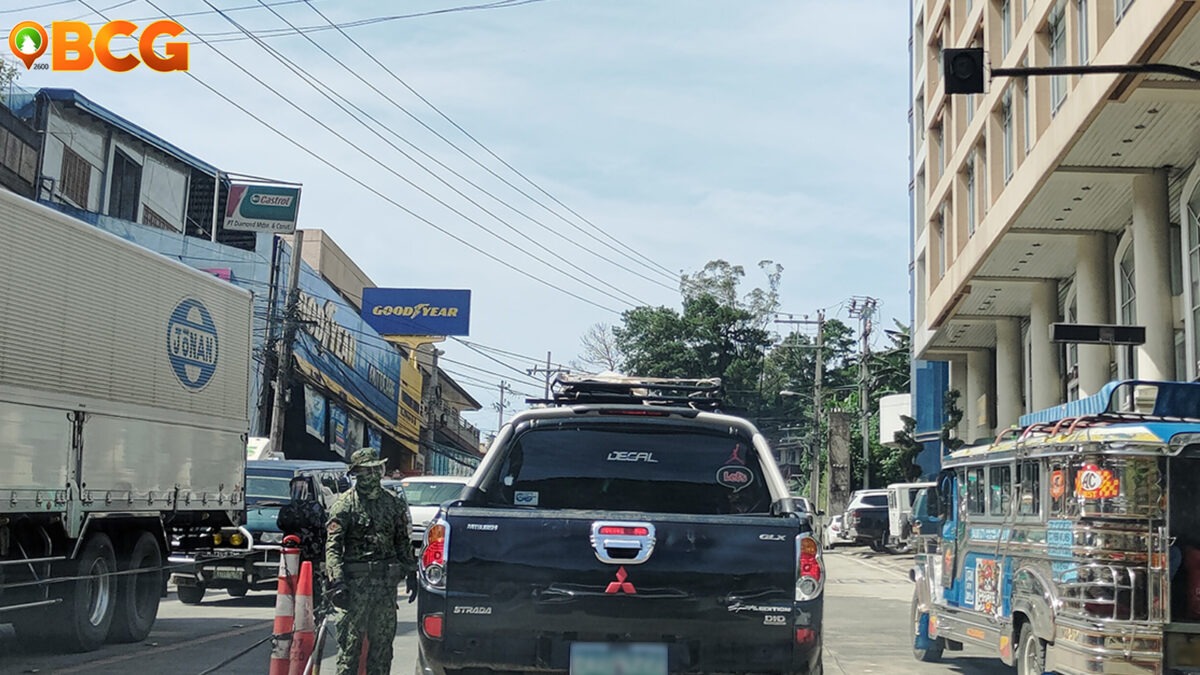General Community Quarantine Guidelines
UPDATE AS OF MAY 13, 2020
In a press briefing yesterday, May 12, 2020, Presidential Spokesperson Harry Roque announced an update on the quarantine status of different provinces around the country. While some areas will be transitioned to General Community Quarantine (GCQ) after May 15, some areas will be placed under a modified Enhanced Community Quarantine (ECQ).
On the other hand, Department of Interior and Local Government Secretary Eduardo Año clarified today, in another press briefing, that low-risk areas will be placed under Modified GCQ.
While Baguio City and Benguet are still included in the list of areas the will extend Enhanced Community Quarantine until May 15, 2020, a lot of low to moderate risk areas in the Philippines will end their ECQ status and transition into the new normal, the General Community Quarantine. The following are the official guidelines to be followed in areas under General Community Quarantine (GCQ) effective on Friday, May 1, 2020, as released by the Inter-Agency Task Force on Emerging Infectious Disease (IAT-EID) and announced in a live press briefing by Presidential Spokesperson Harry Roque.
Areas Under GCQ
[UPDATED ON MAY 12, 2020]
As of the press briefing with Pres. Spokesperson Roque today, here is the updated list of regions and provinces under GCQ starting May 16 until May 31, 2020.
CAR
- Abra
- Apayao
- Ifugao
- Kalinga
- Mountain Province
- Benguet*
- Baguio City*
Region I
- Ilocos Norte
- Ilocos Sur
- La Union
Region II
- Batanes
- Cagayan
- Isabela
- Nueva Vizcaya
- Quirino
- Santiago City*
Region III
- Aurora
- Bataan*
- Bulacan*
- Nueva Ecija*
- Pampanga*
- Tarlac*
- Zambales*
- Angeles City**
- Olongapo City*
Region IV-A
- Cavite**
- Quezon*
- Rizal*
- Batangas*
- Lucena*
Region VII
- Bohol
- Cebu (except Cebu City)*
- Negros Oriental*
- Siquijor
- Mandaue City*
- Lapu-Lapu City*
Region IX
- Zamboanga del Norte
- Zamboanga del Sur
- Zamboanga Sibugay
- Isabela City*
Region XI
- Davao del Sur
- Davao del Norte*
- Davao City**
- Davao de Oro**
- Davao Occidental
- Davao Oriental
Region XIII
- Agusan del Norte
- Agusan del Sur
- Dinagat Island
- Surigao del Norte
- Butuan City*
NOTE:
*Areas added based on Pres. Spokesperson Roques’ press briefing today, May 12, 2020.
**Recommendations assuming similar risk-classification prevails on May 14, 2020
General Community Quarantine Guidelines
-
- Minimum public health standards shall be complied with at all times for the duration of the GCQ.
- The movement of all persons in areas placed under GCQ shall be limited to accessing essential goods and services, and for work in the offices or industries permitted to operate hereunder. Provided, that the movement for leisure purposes shall not be allowed.
- The following shall be required to remain in their residences AT ALL TIMES except when indispensable under the circumstances for obtaining essential goods and services or for work in permitted industries and offices.:
– Any person twenty-one (21) years old and below
– sixty (60) years old and above, (Related: Senior Citizens are Not Allowed Outside of their Homes Except)
– those with immunodeficiency, comorbidities, or other health risks,
– pregnant women, including any person who resides with the aforementioned - Work in government offices may be at full operational capacity, or under such alternative work arrangements as agencies deem proper in accordance with the relevant rules and regulations issued by the Civil Service Commission (CSC).
- 100% opening for the following industries:
Category I INDUSTRIES- Agriculture, Fisheries, Forestry
– Food Manufacturing and supply chain including ink packaging raw materials
– Food retail (supermarkets, restaurants for take-out and delivery only)
– Hospitals
– Logistics
– Water
– Energy
– Internet
– Telecommunications
– Media
50%-100% opening for the following industries and without prejudice to work-from-home and other alternative work arrangements
Category II INDUSTRIES-Mining
-other manufacturing, export-oriented, and electronic commerce companies
-other delivery, repair and maintenance
-housing and office services,fifty percent (50%) work-on-site arrangement, and without prejudice to work-from-home and other alternative work arrangements
Category III INDUSTRIES-Financial services,
-BPOs,
-legal and accounting, and auditing services,
-professional, scientific, technical, and other non-leisure services,
-other non-leisure wholesale and retail establishments - Limited operations in malls and shopping centers shall be allowed, except for leisure establishments and services which shall continue to be closed. Provided, that establishments and services allowed to operate in malls and shopping centers may only operate at a capacity consistent with item (5) of this Section. Provided, further, those ages below 21 years old, and those 60 years old and above may not enter malls and shopping centers, except when indispensable under the circumstances for obtaining essential goods and services or for work in establishments located therein. Provided, finally, that DTI may issue guidelines to limit foot traffic in such establishments.
- Essential public and private construction projects, such as but not limited to sewerage, water services facilities, and digital works, and health facilities, and priority projects, shall be allowed to operate in accordance with guidelines issued by the DPWH, reflected in a separate issuance.
- Amusement, gaming, and fitness establishments, as well as those in the kids and tourism industries, and all Category IV industries may not operate. Industries in Category IV are reflected in the separate DTI issuance mentioned above.
- No hotels or similar establishments shall be allowed to operate, except those accommodating the following:
-
- For areas outside Luzon, guests who have existing booking accommodations for foreigners as of May 1, 2020;
- Guests who have existing long-term bookings;
- Distressed Overseas Filipino Workers (OFWs) and stranded Filipinos or foreign nationals;
- Repatriated OFWs in compliance with approved quarantine protocols;
- Non-OFWs who may be required to undergo mandatory facility-based quarantine; and
- Healthcare workers and other employees from exempted establishments under these Omnibus Guidelines and applicable Memoranda from the Executive Secretary.
Provided that in all of the foregoing, hotel operations shall be limited to the provision of basic lodging to guests.
-
- Physical classes shall be suspended for the duration of the GCQ.
This notwithstanding, Higher Education Institutions (HEIs) may hold classes through flexible learning arrangements to finish the Academic Year 2019-2020, and may operate at a limited capacity to receive students’ requirements and prepare and issue credentials to students subject to the guidelines as may be issued by the Commission on Higher Education. - The prohibition on mass gatherings as defined in Section 2 of these Guidelines shall also be applicable to areas placed under GCQ. Provided, that essential work gatherings and religious activities may continue so long as strict social distancing. Defined as the strict maintenance of at least two (2) meters distance between and among those attending, and the mandatory wearing of face mask, face shield, or other protective equipment by attendees, is maintained during the entirety of the event.
UPDATE as of April 1, 2020: Religious and work-related gatherings still prohibited in GCQ areas - The road, rail, maritime, and aviation sectors of public transportation shall operate at a reduced capacity in accordance with guidelines issued by the DOTr. Provided, that in all public transports, a strict one (1) meter distance between passenger shall be observed and appropriate engineering controls in place.
Sectors Allowed to Operate During GCQ
For a complete list of industries allowed and not allowed to operate during GCQ, click here.
General Provisions for both ECQ and GCQ
Visit this article for the general provisions for both ECQ and GCQ areas
Guidelines involving Interzonal Travel
Visit this article for the Omnibus Guidelines regarding interzonal travel between and within ECQ and GCQ areas.
RELATED: Sectors Allowed to Operate under ECQ, Modified ECQ, and GCQ Areas













